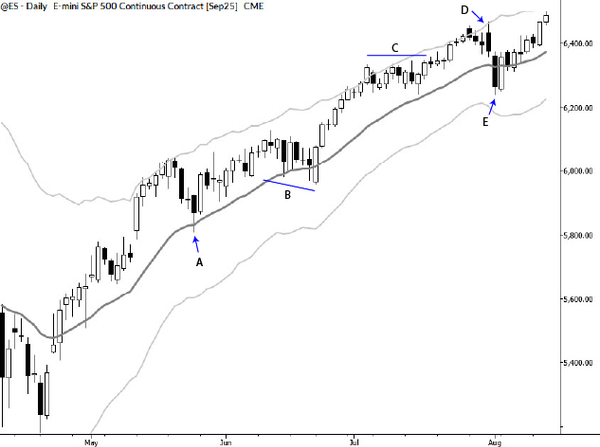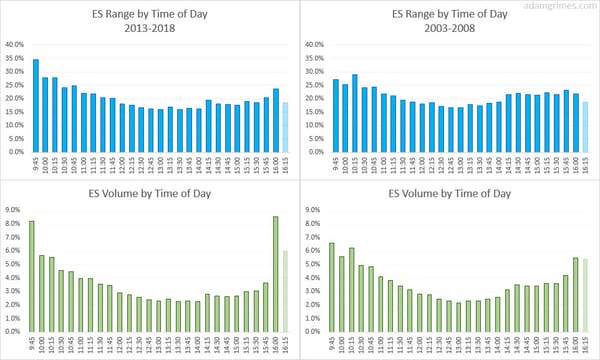At the End of the Year, a Time for Reflection
A time to ask some questions and consider how you can improve your performance next year.
[dc]A[/dc]s we come to the end of the year, I want to encourage and challenge my readers to think about their trading performance. Working toward trading competence is a path, not a destination. Whether you are an experienced trader who is very pleased with your performance, a struggling developing trader, or someone who has just begun her journey, I'd like you to spend a few hours in self-reflection and ask yourself a few simple, but profoundly important questions:
- What is your edge in the market? How do you know?
- How stable/strong is your edge?
- What do you need to work on to improve your performance?
- What do you do best?
- What can you do better?
Thinking a bit deeper about these questions: What is your edge in the market? How do you know? If you are going to be successful trading, you absolutely must have an edge in the market. Money management is not an edge. Psychology is not an edge. An edge is something that lets you pull profits out of an extremely competitive market environment, that gives you some edge over the randomness that dominates price movements. How do you know what your edge is? If you can't answer these questions, you don't have any business putting risk on in the markets. You do not have an edge because you bought a book or took a training course, no matter how much money you paid or who taught you. You must have sufficient math skills to understand probability and randomness and truly understand your edge in the market.
How stable/strong is your edge? There are very, very few persistent edges in the market. Most come and go, and may not be reliable in the future. How is your edge on this scale? Again, how do you know?
What do you need to work on? Most people tend to focus on what they do best, and to avoid focusing on their weaknesses. This makes sense in some cases, and it certainly is easier psychologically. However, from a performance perspective, and especially for someone developing skills, finding and working on your weaknesses is often the key to the fastest progress. If you are a beginner, you may be doing many things wrong, but a good mentor or coach can point you to the most pressing issues you should address first. Commit to finding your weaknesses and improving them, and watch your overall performance grow by leaps and bounds.
What do you do best? Yes, I think the majority of your time should be spent on addresses your weaknesses, but don't neglect your strengths. Chances are, there are a few things you do really well. Know what those are, protect those strengths, and work to improve them. For beginners, it probably makes sense to focus most of your attention on strengthening weaknesses and improving faults. For more experienced practitioners, the path to improvement is often marked by your strengths. Find them, nurture them, and watch your performance grow.
What can you do better? No matter who you are, how good of a trader you are, or how good your year was, there's always something you can improve. Make a concrete list of the three top things you want to work on, and focus on those early next year. This is not a vague "New Year's resolution"—it is a concrete action plan for growing as a trader.



